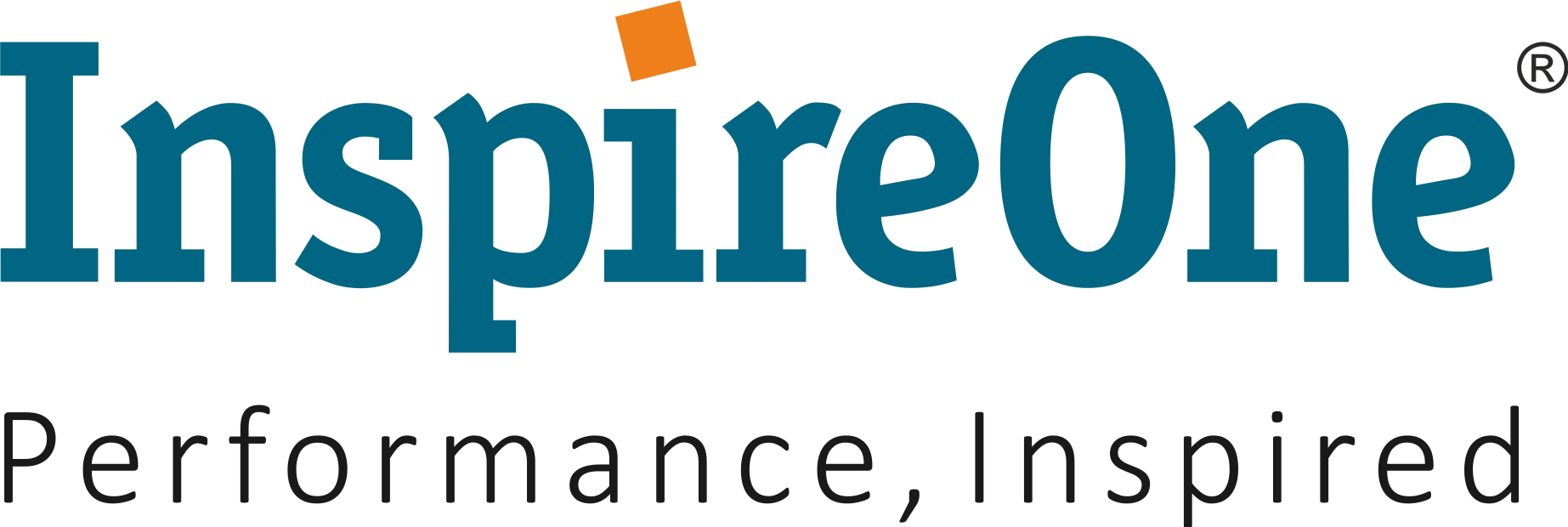Our Client, one of the leading global technology services company that manages travel related administrative tasks for its clients, wanted an intervention on Emotional Intelligence awareness and development for their mid and senior level leaders. Research suggests Emotional intelligence to be a critical factor for leaders to effectively manage and lead team in this VUCA business environment. The company wanted these 52 leaders to move from transactionally managing their teams to developing & engaging them to be long term talent resources for the organization.
Our Approach
- InspireOne developed a two phase development design which was highly customised to the industry and role of these managers.
- The first phase consisted of insighting discussions followed by emotional intelligence assessment and group feedback.
- Insighting discussions were carried out with the target audience as well as their supervisors to understand the business, their role and the key challenges being faced by the group.
- PEQM assessment – an online tool that measures 15 critical components of emotional intelligence along 5 main areas: Self awareness, self management, self motivation, social awareness and social skills was also conducted to help participants identify their strengths and areas of development.
- Group feedback sessions were conducted to help participants interpret the results of the assessment, especially the manifestation of 15 components in work life and challenging situations as well its impact on their performance as leaders.
- The second phase involved conduction of a 2 day workshop at 3 locations focused on key areas including self management, building trust and empathy to drive team engagement, EI based leadership styles, giving effective feedback to team members and creating an optimistic work environment. Experiential activities as well as a simulation were leveraged to help participants practice the learned concepts.
- 2 weeks post conduction of the workshop, a follow up session was conducted for all the participants to recap the session and then discuss application of the concepts as well as they created at their work.
Outcomes
- Self awareness of the participants increased drastically. They were able to reflect on areas where they may need to make changes themselves before expecting other stakeholders to change. Manifestation of their PEQM scores in the workplace situations was also well understood.
- The concepts were well received and strongly applied during the development workshop.
- Average satisfaction rating for the core workshop was 97%.
- Participants applied the learned concepts and tools and shared several success stories during the follow up session.

